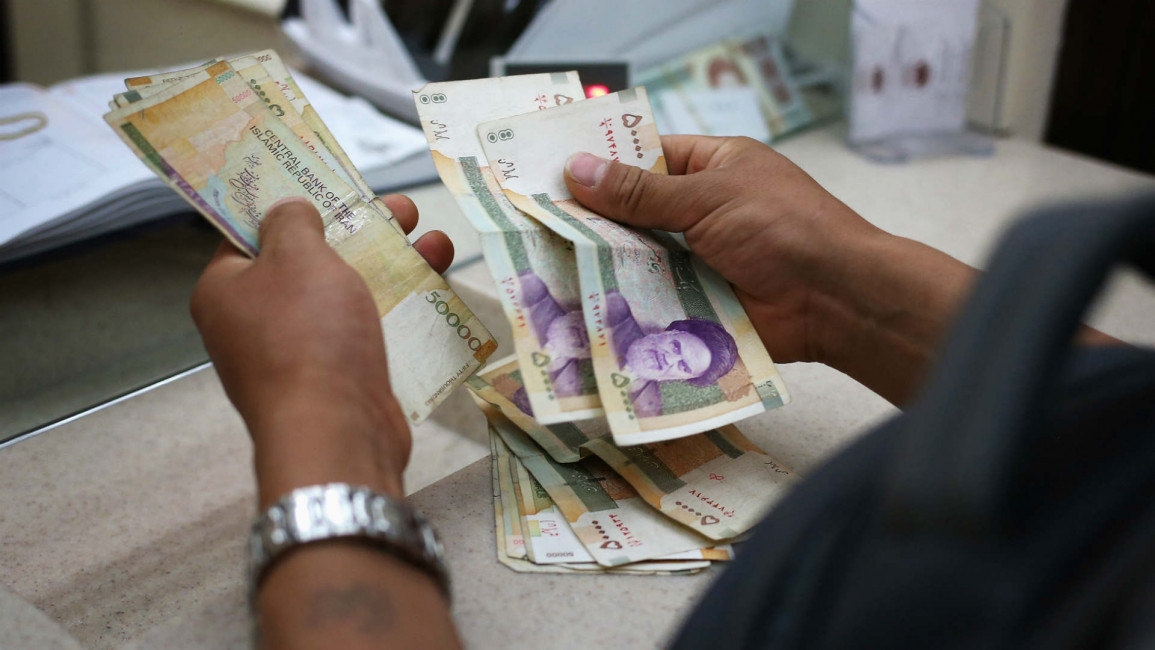Iran bans banks from using cryptocurrencies 'to prevent terrorism'
Iran banned the use of bitcoin and other cryptocurrencies by banks and financial institutions on Monday amid ongoing debate over how best to regulate the technology.
"The use of bitcoin and other cryptocurrencies in all the country's monetary and financial centres was banned," the central bank said in a statement overnight.
It said the government's money-laundering committee had taken the decision in late December and it was now being put into effect.
The ban came because "all cryptocurrencies have the capacity to be turned into a means for money-laundering and financing terrorism and in general can be turned into a means for transferring criminals' money", it added.
Many in Iran see great potential in digital currencies as a way to overcome problems related to international sanctions and difficulties facing the country's ailing banks.
Earlier this year, the country's 36-year-old Telecoms Minister Mohammed-Javad Azari Jahromi set up a team to create Iran's own cryptocurrency.
But there are also fears that the new technology could undermine the country's already weak banking system and exacerbate capital flight.
Read more: Is Bitcoin halal? Islamic scholars wade into cryptocurrency debate
Iranians working in the fledgling private cryptocurrency market said the ban was unlikely to affect their operations, however.
"This ruling referred directly to banks, financial institutions and currency exchangers that work with the central bank," Hadi Nemati, who works for cryptocurrency exchange platform Coinex, told AFP.
"In my opinion, it doesn't include the general public - it's not a total ban on cryptocurrencies."
Coinex had, however, halted activity on its exchange platform because "we always want to make sure we comply with the law", he said.
"But I have seen other cryptoexchanges were still working normally."
The Iranian rial hit a record low this month as fears of a US withdrawal from the nuclear deal continue to drive the exchange rate downward.
There have been long queues outside exchange offices for weeks in Iran, as uncertainty over the future of the P5+1 nuclear deal looms. If the deal is scrapped, crippling sanctions will be reimposed on the Iranian economy.
US President Donald Trump previously issued a final warning that Washington would walk away from the nuclear deal and reimpose sanctions by 12 May if new restrictions are not placed on Iran's nuclear and missile programmes.
Agencies contributed to this report.



